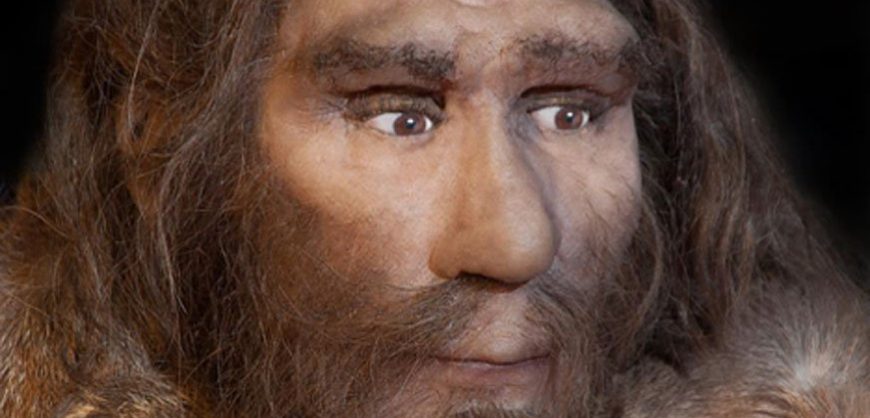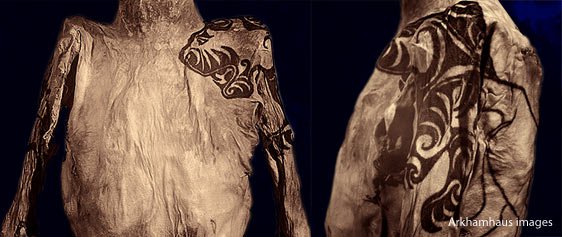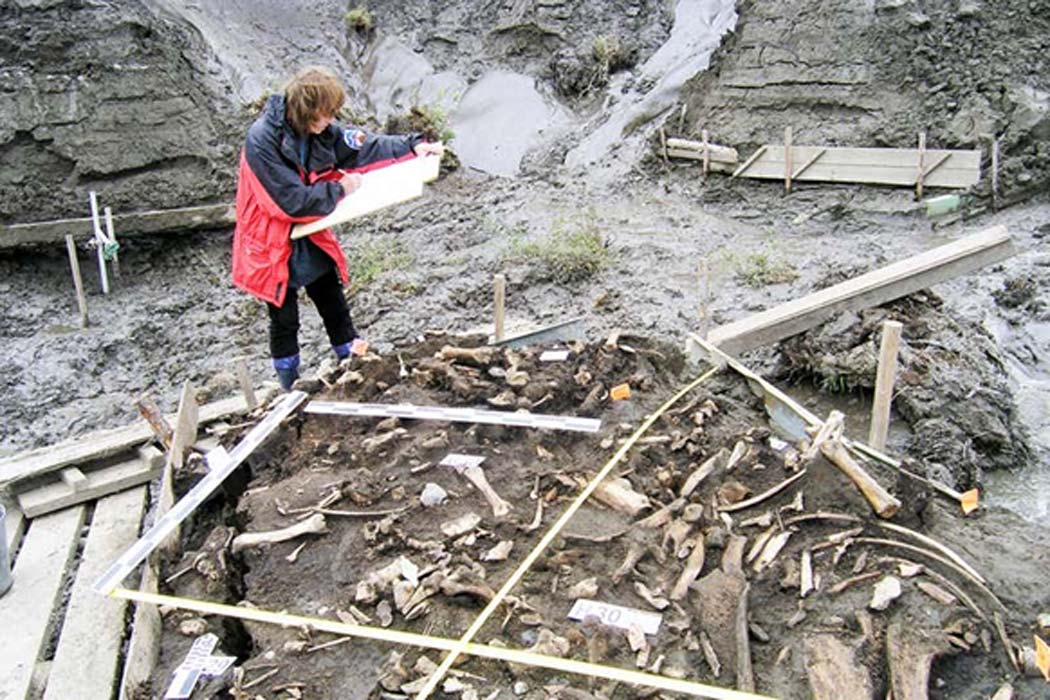The Neanderthal story began around 430,000 years ago and (mostly) ended with their demise about 40,000 years ago. They left their mark in Europe and central Asia and on the genes of many people today, and over the years scientists have accumulated a good deal of knowledge about Neanderthals. We have quite a lot of information about their diet, living spaces, interbreeding with Homo sapiens and Denisovans, and burial practices, for example.
However, details on the interaction and migration of early Neanderthal populations is still limited. The lack of ancient DNA dating back more than 100,000 years is a major hindrance in piecing together this part of the puzzle. But a team from the Max Planck Institute for Evolutionary Anthropology in Leipzig, Germany is making headway in this area. Their research suggests that Europe was the main homeland for many Neanderthals but their populations repeatedly moved to the east and back again.
The paper, published in Science Advances, explains that the Max Planck team were able to extract nuclear genomic sequences from the remains of two 120,000-year-old Neanderthals, one from the thigh bone of a Neanderthal found in Hohlenstein-Stadel Cave in Germany and the other from an upper jawbone from the Scladina Cave in Belgium.
more at ancient-origins.net



































